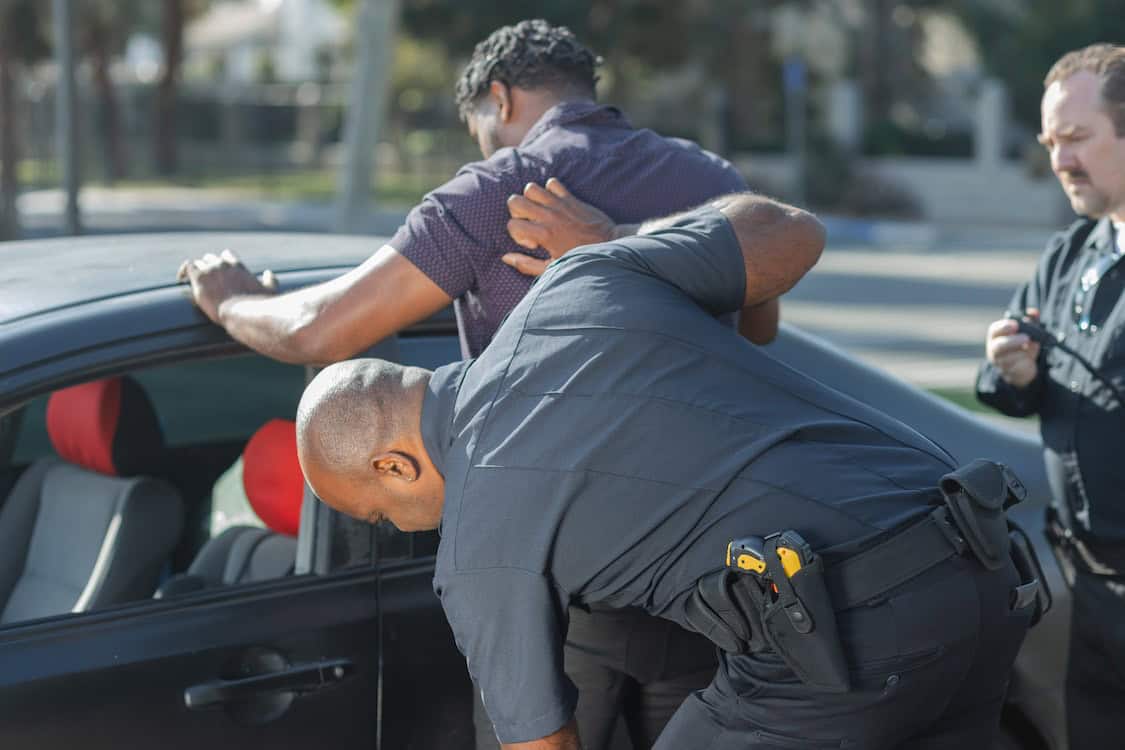When you’re arrested, it’s important to remain calm and collected. Most people are tempted to talk to the police, but this can actually complicate matters later. Instead, make a mental note of the reason you’re being detained and relay that information to your attorney. Also contact a bail bonds company like house of bail bonds in LA.
Avoid resisting arrest
While it’s natural to want to fight back when you’re arrested, resisting arrest is not a good idea. It’s illegal and increases your risk of being charged with a crime. Also, resisting an arrest can lead to injuries or even death. Fortunately, there are several ways you can defend yourself.
The easiest way to avoid getting charged with resisting arrest is to cooperate with the police officer. If you’re 100% sure that you did not commit the crime, there’s no need to resist. The police officer may be abusing their power, or there could be a legitimate reason why you were arrested in the first place. Even if you don’t believe the charges are justified, you should work with them to find a legal defense for you.
The penalties for resisting arrest vary by state. In some states, it’s a felony charge, while in others, it’s a misdemeanor. The severity of the charge depends on the severity of the arrest, and the nature of the act. Some states allow self-defense as a valid reason to resist arrest, so long as you don’t resist an arrest that’s not warranted by law.
Don’t talk to police
Don’t talk to the police when getting arrested. Police officers are trained to make you talk to them. Often times, they are just looking for evidence to make an arrest. They will want to get as much information as possible, but you should never talk to them about the incident without an attorney. This is in violation of the Fifth Amendment, which says that you have the right to remain silent.
Be polite and keep your cool. Do not be rude or difficult to the police. Be calm and say you’re exercising your right to remain silent. Try to remember the police officer’s name and badge number, and do not try to argue with him. If you can’t remember the officers’ names, ask them to give you a lawyer.
Police officers are not allowed to lie to you. They are trained to get confessions, admissions, and other information that will help them prove their case. If you speak to the police without a lawyer, they may try to exploit your weaknesses to make you look guilty. They might misunderstand what you say, or they may take it out of context. You can always call an attorney to negotiate with the prosecutor and ask for a reduced charge.
Don’t consent to a search
If you are being detained by the police, don’t consent to a search or answer questions without a warrant. The officer might be trying to determine if you have anything to hide or whether you are armed or dangerous. If you feel uncomfortable answering questions, tell the officer that you will call a lawyer. If the officer insists on performing a search on you, don’t consent to it and don’t physically resist.
If the police have pulled you over for a minor traffic violation, make sure you don’t resist by arguing or verbally abusing them. This may be captured on video, which may be shown to a jury. Additionally, don’t consent to a search without a warrant unless you’re a suspect in an emergency.
Even if you’re stopped for a traffic violation, don’t invite the police into your home. If the police ask you to show identification, insist on seeing the warrant first. If you do refuse, you should step outside and call a lawyer. You can even ask if you can watch the search.
Don’t list off witnesses

If you get arrested, the last thing you want is to be charged with tampering with witnesses. The rule of evidence is meant to prevent a witness from being influenced by the testimony of another witness. However, you don’t want to be arrested just because you didn’t list off the witnesses. If you’re going to list off witnesses, make sure you do it in writing.

